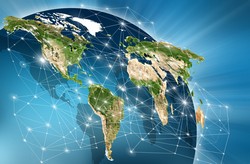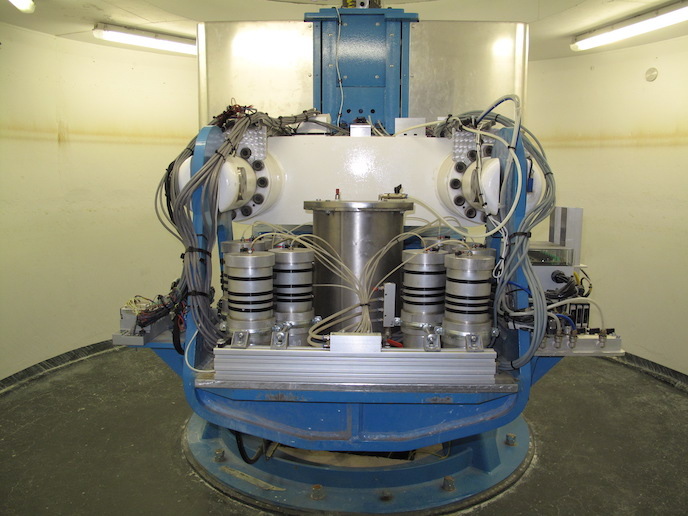The impact of globalisation and technological progress
GOPG (Globalization, optimal policies and growth) studied the challenges faced by policymakers due to increasingly rapid globalisation and the importance of knowledge creation for prosperity. A major theme of the project was the optimal protection of returns from innovation in order to sustain growth in a global economy. Researchers found that when innovation is sequential, optimal policies should provide a balance between protecting innovation rents and allowing a rapid diffusion and standardisation of novel technologies. The optimal balance depends on the degree of globalisation and the mode of technology transfer across countries. The project examined how trade liberalisation and the accumulation of knowledge increase the importance of competition and talent selection. Project fellows observed the effects of production offshoring on low-wage countries. This represents an opportunity to lower production costs, but is also a threat to millions of low-skilled workers in advanced countries. Researchers examined the pace and shape of technological progress to fully comprehend the offshoring effect on wages and welfare. Offshoring of jobs and skill-biased technical change are two faces of the same coin. However, this might change soon – as offshoring continues, innovation will favour low-skill workers and re-balance these effects. The project also studied how political constraints are affected by international trade and the implications that this has for global political structures. Researchers based their analysis on the growing mismatch between political and economic leaders, caused by globalisation. In turn, this mismatch requires a change in political structure that redistributes power away from centralised jurisdictions towards overlapping jurisdictions, both larger and smaller than existing states. The theory developed in context of this project suggests that globalisation can provide a unified explanation for the rise of large nation-states in the 19th century, followed by a period in which the formation of international unions, like the EU or the WTO, is accompanied by political fragmentation within states. Results show the necessity to study the process of institutional change, which leads societies to organise themselves into political structures. It is essential to highlight the importance of adapting constitutional arrangements to react better to globalisation. In sum, the project exposed a major challenge faced by modern societies and political institutions. These are under pressure from above as a result of the expansion of international institutions and the growing requests for decentralisation from below.







